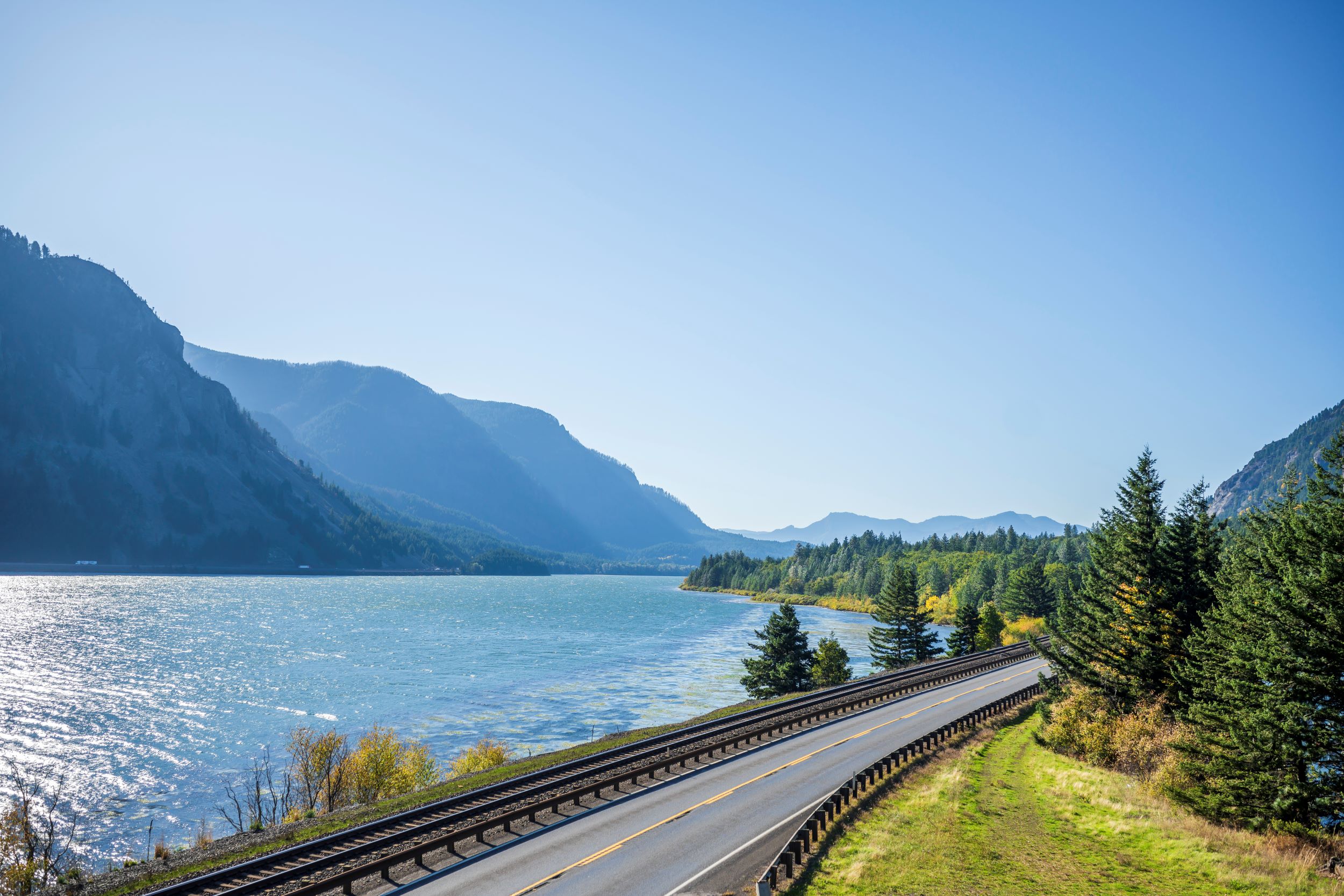In light of National Fire Prevention Week from October 9th – 15th, 2011, we have gathered five of the most common household fire hazards – and how you can protect yourself:
1. Cooking
Cooking fires are the number-one cause of fires and fire-related injuries in the home. Most kitchen fires start on the stove top due to unattended (or inattentive) cooking. When you cook, be alert. Don’t cook when you are drowsy, or when you have consumed alcohol. Always stay in the kitchen when you are frying, broiling or grilling; check regularly when simmering, baking, roasting or boiling food.
If you have a cooking fire, just get out. Close the door behind you as you leave to help contain the fire, and call 9-1-1. If you attempt to fight the fire by yourself, always be mindful that others and you have a clear way out. When cooking with butter, oils or fat, always have a lid nearby to smother small grease fires. Slide the lid on the pot and turn the burner off. Leave the lid on until the pot is completely cooled. NEVER pour water on a grease fire. If you have an oven fire, turn off the heat and keep the oven door shut.
2. Candles
As the days get shorter and more dreary, candles can provide just the right coziness to curl up inside. But don’t forget – candles are open flames and can easily ignite anything that can burn.
Always blow out all candles before you leave the room or go to sleep, and keep candles at least 12″ away from anything flammable. Place them in a sturdy candle holder, and put them out before they reach the bottom.
Avoid using candles in a power outage; instead, have flashlights and battery-powered lights ready. Never light a candle if oxygen is used in a home.
3. Heating
Heating equipment is a leading cause of home fire deaths. Half of all heating fires are reported during the months of December, January and February. Being warm in winter is nice; being safe and warm is crucial!
Whether you have a furnace, fireplace, wood stove or portable space heater, be sure to keep a 3 foot “kid-free, pet-free and clutter-free” safety zone around the heating source.
Be sure to have heating equipment installed by a professional and according to code. Have chimneys inspected and cleaned annually by a professional. Make sure your fireplace has a sturdy screen to keep sparks and glimmering ashes from flying into the room.
Turn space heaters off before leaving the house or going to bed.
Test your smoke alarms monthly, and replace batteries twice a year.
4. Electrical
It wakes us up in the morning, brews our coffee, and allows us to do our jobs and watch our favorite shows at night: Electricity sure makes our world go round. But it can also light our world on fire if it’s not installed properly.
Have all electrical work in your home done by a professional electrician.
Only plug one heat-generating appliance (such as a toaster or coffeemaker) into an outlet at one time.
Avoid using extension cords to permanently plug in appliances. Extension cords are meant for temporary, short-term use. Rather, have a professional electrician install more receptacle outlets so you can avoid using extension cords.
In your kitchen, bathroom, garage, basement, and all your outside outlets use Ground Fault Circuit Interrupters (GFCIs), which shut of an electrical circuit when it becomes a fire hazard.
Use light bulbs that don’t exceed the maximum wattage on the lamp or fixture (check the sticker.)
Don’t overload any one outlet by attaching extension cords or too many appliances. Call an electrician or your landlord if you notice discoloration around the outlet, a tingling feeling when you touch an appliance, frequent problems with blowing fuses, flickering lights, or sparks from an outlet.
5. Clothes Dryers
The leading cause of clothes dryer fires is failure to clean them properly. An easy fix!
Never operate your dryer without a lint filter, and be sure you clean the filter before or after each load. Also check the drum and remove lint that may have collected. About once a year (or when you notice your laundry takes longer to dry), clean lint out of the vent pipe.
Gas dryers should be installed and inspected by a professional to make sure all connections are intact and don’t leak, and electric dryers should be properly connected, grounded, and serviced.
Clothes that have come in contact with flammable solutions like gasoline or paint thinner should not be thrown in the dryer! Instead, lay them outside to dry fully first, then wash and dry them as usual.
Don’t leave your dryer running when you leave your house or when you go to bed.
Source: www.nfpa.org

